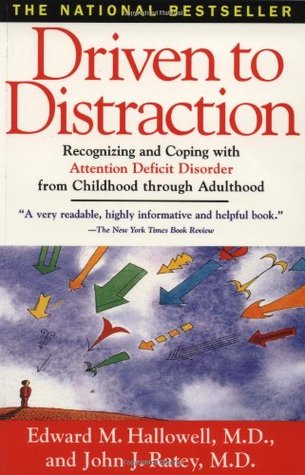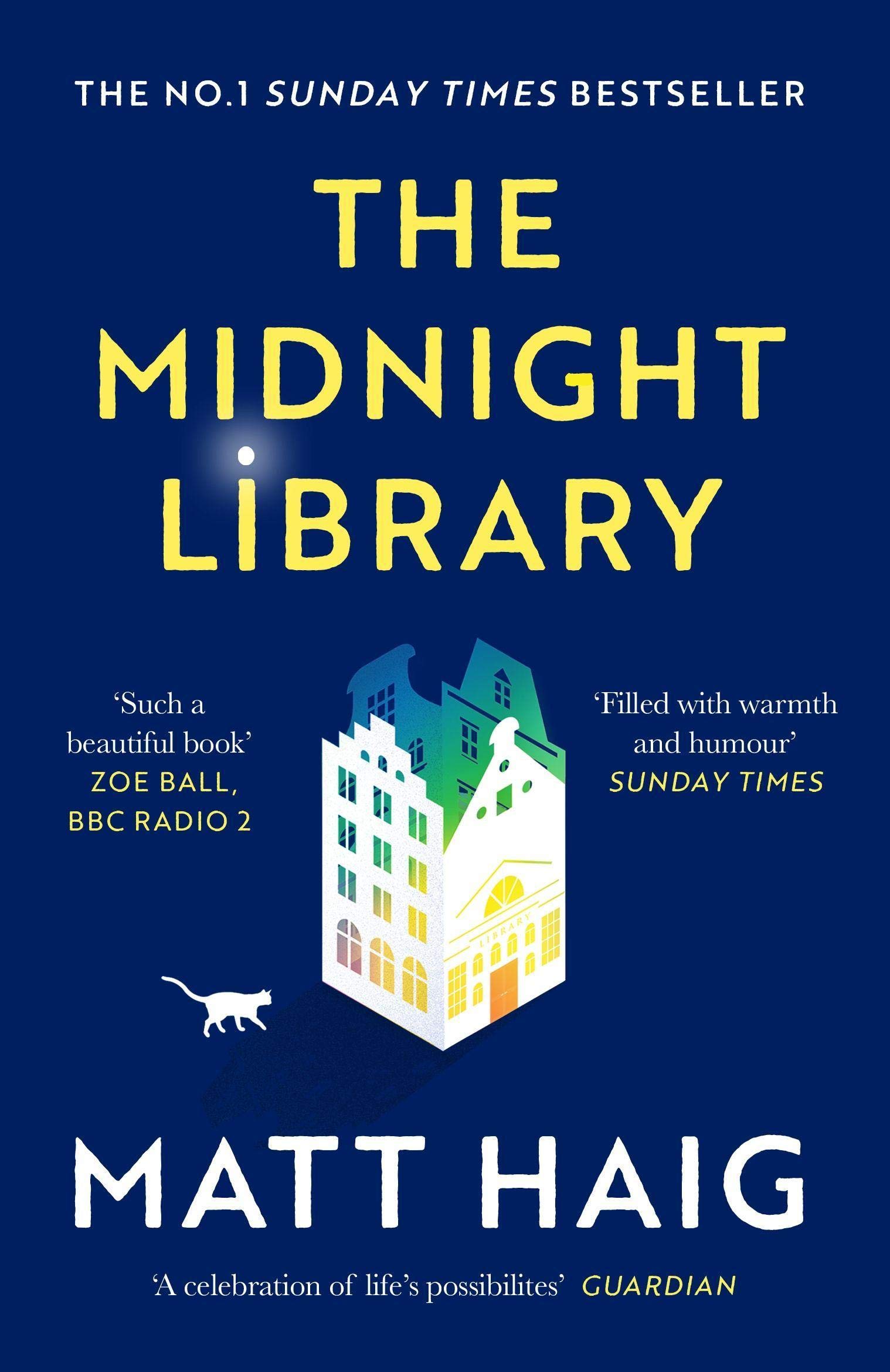Books I Read in June 2021
In June I only read two books! What? I don’t know.
These reviews were originally posted on StoryGraph.
Driven to Distraction by Edward M. Hallowell and John J. Ratey

Driven to Distraction is a fairly early (1994) and comprehensive discussion of ADHD (then know as ADD, Attention Deficit Disorder) in children and adults. The book is driven by case studies, and the authors are compassionate and generous, gentle to those who have spent their lives feeling inadequate.
The book describes how ADHD manifests in various contexts: in children, in adults, in the family, in relationships. There is a discussion of what the author calls subtypes of ADHD, which is to say how ADHD shows up in the company of other things: depression, anxiety, mania, OCD, and (oddly) creativity.
There’s also a chapter on treatment which discusses medication, coaching and therapy. It also includes, gloriously, numbered lists of tips. I love tips. Tips like:
- “Keep a notepad in your car, by your bed, and in your pocketbook.”
- “Do what you’re good at. If it seems easy, that’s OK. There is no rule that says you can only do what you’re bad at.”
- “Schedule activities with friends. Adhere to these schedules faithfully. It is crucial for you to keep connected to other people.”
I had read this book before and forgotten I read it (yes, I know). I’m glad I revisited it now — I was able to read it, not just as a parent of people with ADHD but as a person who likely has ADHD herself, and as a person who coaches people with ADHD. The sections on creativity and structure, especially, validate my focus on coaching creative people to find structures that work for them.
The Midnight Library by Matt Haig

The Midnight Library snuck up on me. I usually hate fiction books with a message about how you should live your life, but I didn’t notice this was one until quite far in, and at that point I was enjoying the plot and the characters enough that I wasn’t even mad about it.
The conceit of the book is that the protagonist gets to live through multiple possible versions of her life, and she can take the lessons she learned from each life into the next. The author uses this framework to talk about themes of choice, courage, motivation, love — all the stuff of life.
The book is quite effective. I didn’t love the writing, and I had some quibbles with the world-building, but the ideas were thought-provoking and it made for an interesting book club discussion about regrets and paths not taken.
I think my strongest takeaway was the idea that, in every life we have access to the same range of emotional experiences as anyone else. No matter the details of your life, you can still feel joy, transcendence, despair, love. That’s an interesting thought (although I’m not sure if it’s entirely true) and it takes the pressure off making the “right” choice at every juncture.